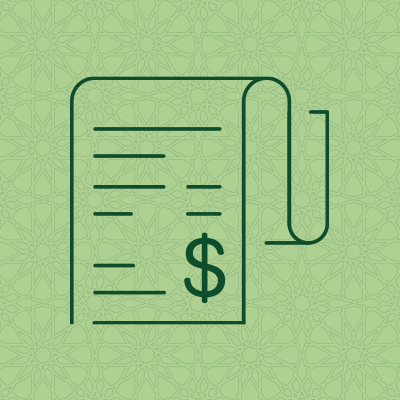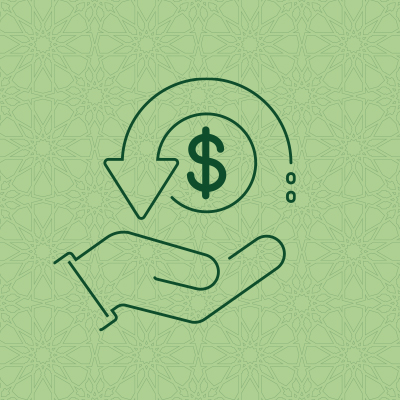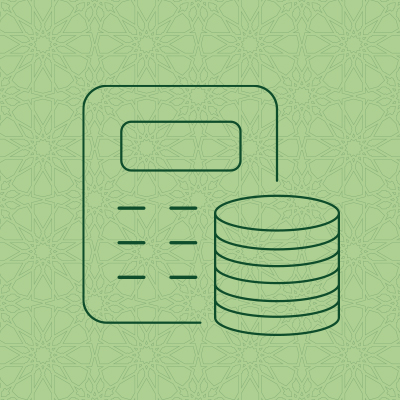
The first thing to think about is your debt. Let’s say you want an emergency fund of AED 45,000, which you estimate will cover three months of your family’s living expenses. But you also have a current credit card balance of AED 30,000, and you’ve only been making the minimum payments each month. That means you’re paying an annual effective interest rate of 20 per cent or more on that AED 30,000.
If you decide to put any excess cash toward your emergency fund instead of paying off that credit card debt, you are effectively ‘paying’ that interest rate of 20 per cent or more on that emergency fund cash. For example, if you have AED 6,000 spare cash and you put it towards an emergency fund, that’s AED 6,000 in extra credit card debt that you would be paying 20-plus per cent interest on.
This doesn’t mean you must be completely debt-free before starting an emergency fund. It’s all about the interest rates you are paying on debt. For instance, it would not make sense for you to expect to fully pay off your mortgage or car loan before starting an emergency fund. But for higher-interest debt, such as credit cards and personal loans, it might be more prudent to pay those off first.

Having a lot of cash in your emergency fund might give you peace of mind (and is a sign of good financial security). But what is the opportunity cost (i.e. what opportunity have you missed out on)?
The potential returns from alternative uses for that cash is the nuance here. You should think about the returns you could get if you invest the money instead. Being too conservative and overfunding your emergency account has hidden costs; in this case, losing potential returns.

When deciding how much to put in an emergency fund, you should also consider things that can complement it and even, to some extent, replace it.
For example, if you and your family already have comprehensive medical insurance, then you wouldn’t need to set aside a large budget for emergency medical fees. In this scenario, your total fund amount would be lower.
Other sources of income may also be important. If you are the sole earner in your family, then it is more important to have an emergency fund in case you lose your job unexpectedly. But if you’re in a dual-income family there’s less need.
It’s important to consider all the factors that could reduce (or increase) the amount you need in your emergency fund. Don’t just follow the generic advice — tailor it to your individual circumstances.

Check out our top tips on how to build your emergency fund, even if you’re struggling to set aside adequate funds:
#1: Have a goal
By looking at your situation and keeping your personal considerations in mind, you should be able to come up with your own emergency fund target.
#2: Use automatic deductions and separate accounts
In theory, there’s no difference between having your emergency funds mixed in with your other savings, or having an emergency account. But in practice, there’s a huge difference.
Keeping a separate emergency account and using automatic deductions to fund it is far easier, psychologically. That way, you won’t be tempted to dip into your emergency fund for other expenses. Understanding how to work with your own psychology is key to hitting many financial goals.
#3: Track your expenses
Many people groan at the prospect of keeping a budget – but it is a useful thing to do. It can be tedious, and people naturally slack off after a while. The good news is that keeping a budget for even a few months will still go a long way to helping you gauge how much you should have in, and how much you can realistically contribute to, your emergency fund.
Everyone should consider having an emergency fund – that advice is sound. But the ‘one size fits all’ model you hear so often neglects the ‘personal’ in ‘personal finance’. If you want to make sure that advice on emergency funds fits to your individual circumstances, you must first understand those circumstances.
Want advice that is both professional and personal? For help, speak to one of our trusted financial experts.




